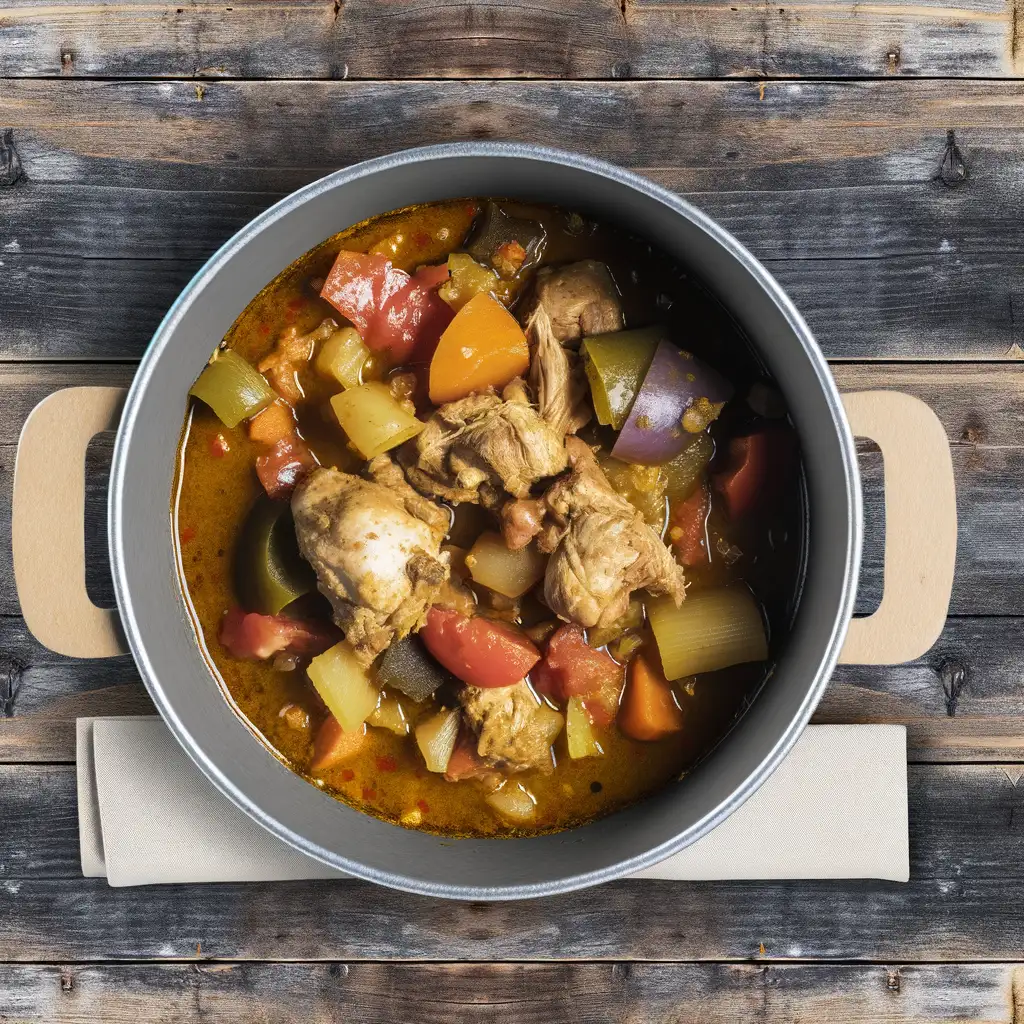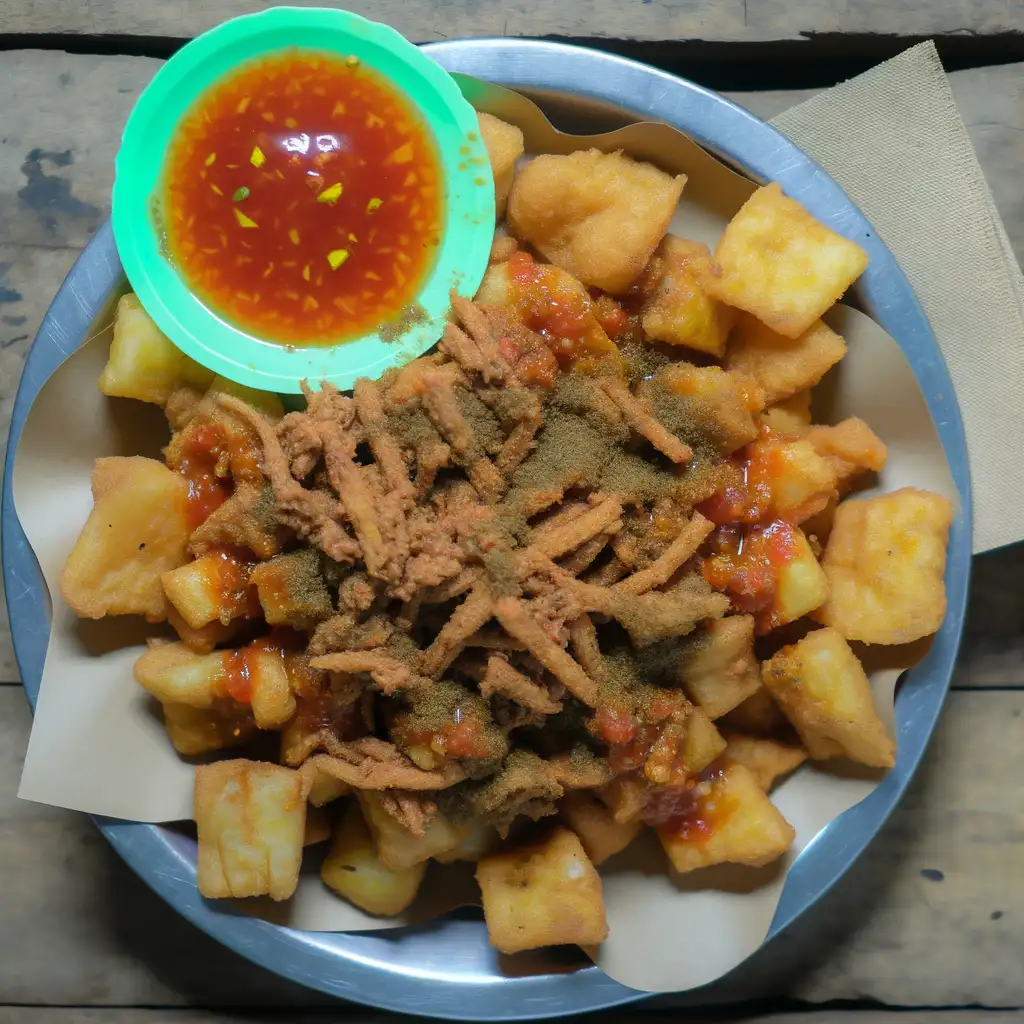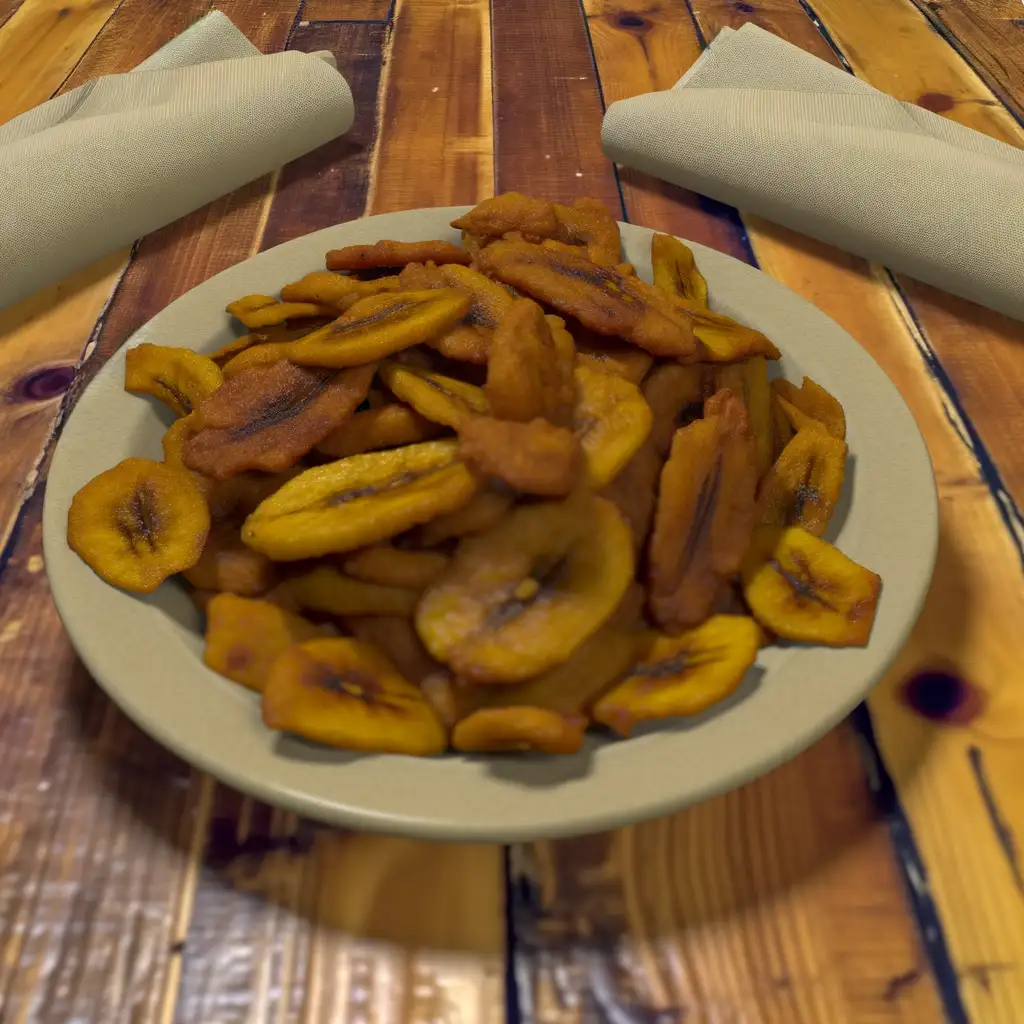



If you find yourself in Abidjan,get ready to dive into a city that pulses with energy and warmth,like a friend who’s always ready to share a story over a cup of rich,aromatic coffee. The vibe here is electric but laid-back—skyscrapers and bustling markets sit side by side,while the Atlantic breeze carries the scent of grilled fish and spicy street food through the air. Walking along the Plateau,the city’s business heart,you’ll hear the hum of conversations in French and local languages,punctuated by the distant beat of drums or the honk of colorful taxis weaving through traffic. Abidjan’s character is a beautiful blend of modernity and tradition. You can catch a lively performance of zouglou music or watch artisans crafting vibrant fabrics in Treichville,where every corner bursts with color and life. The city’s warmth isn’t just in the weather—it’s in the smiles of people eager to share their culture,whether you’re sampling attiéké (a tangy cassava dish) at a street stall or sipping palm wine while watching the sunset over the Ébrié Lagoon. What makes Abidjan truly unforgettable is how it embraces contrasts:the sleek glass buildings reflect the golden light of dusk,while nearby,fishermen haul in their catch,reminding you of the city’s deep connection to the sea. It’s a place where every sense is awakened,and every moment feels like an invitation to explore,taste,and connect. Trust me,Abidjan doesn’t just stay in your memory—it stays in your heart.
The information on this page is currently being reviewed by Tripkliq and should be used as a guide only
Eng word: Hello
Eng pronunciation: bohn-zhoor
Local language: Bonjour
Eng word: Goodbye
Eng pronunciation: oh ruh-vwahr
Local language: Au revoir
Eng word: Thank you
Eng pronunciation: mehr-see
Local language: Merci
Eng word: How much
Eng pronunciation: kohm-byen
Local language: Combien
Eng word: Toilet
Eng pronunciation: twa-let
Local language: Toilettes
Eng word: Help me
Eng pronunciation: eh-deh mwah
Local language: Aidez-moi
Eng word: Yes
Eng pronunciation: wee
Local language: Oui
Eng word: No
Eng pronunciation: noh
Local language: Non
Eng word: Excuse me
Eng pronunciation: ehk-skew-zay mwah
Local language: Excusez-moi
Abidjan was officially founded in 1898 as a small fishing village. It has since grown into the economic capital of Côte d'Ivoire and one of the most important cities in West Africa.
The Port of Abidjan, established in 1951, is one of the largest and most modern ports in West Africa. It plays a crucial role in the country's economy, facilitating international trade.
St. Paul's Cathedral, completed in 1985, is an architectural marvel and one of the largest cathedrals in the world. It was designed by Italian architect Aldo Spirito and is a major tourist attraction.
The National Museum of Abidjan, established in 1942, houses an extensive collection of Ivorian art and cultural artifacts. It offers a deep dive into the rich history and traditions of Côte d'Ivoire.
Banco National Park, located within the city, is a lush tropical rainforest that offers a natural escape from urban life. It is home to diverse flora and fauna and is a popular spot for eco-tourism.
The Felix Houphouet-Boigny Bridge, opened in 1957, connects the northern and southern parts of Abidjan. It is named after the first President of Côte d'Ivoire and is a vital infrastructure piece for the city.
Cocody Bay is a picturesque area known for its beautiful waterfront views and vibrant nightlife. It is a popular destination for both locals and tourists looking to enjoy the scenic beauty of Abidjan.
The University of Abidjan, established in 1964, is one of the leading educational institutions in West Africa. It has produced many notable alumni who have contributed significantly to various fields.
The Plateau District is the central business district of Abidjan, known for its modern skyscrapers and bustling commercial activities. It is the financial heart of the city and a hub for business travelers.
In Abidjan, the most common Power Adaptor is Type C, Type E.



A starchy dish made from pounded plantains or cassava, typically served with a rich sauce or soup.

A slow-cooked chicken stew made with vegetables and spices, traditionally prepared in a sealed pot to enhance the flavors.

A popular street food consisting of fried cassava served with spicy tuna and a tangy sauce, often enjoyed as a quick meal.

Fried plantains that are crispy on the outside and soft on the inside, usually served as a snack or side dish, often accompanied by a spicy sauce.

A traditional dish made from fermented corn, often served with a variety of sauces or stews.

A dish made from pounded yam or cassava, typically served with a spicy sauce or soup, popular in various regions of Côte d'Ivoire.

A fermented cassava dish that is often served as a side with grilled fish or meat, known for its slightly sour taste and grainy texture.
If you ever find yourself in Dakar,get ready to be swept up by a city that pulses with energy and warmth from the moment you arrive. There’s this vibrant rhythm in the air—music spilling out from open windows,the chatter of street vendors,and the scent of grilled fish mingling with the salty ocean breeze. Dakar feels alive,like a place where tradition and modern life dance effortlessly together. Walking through its bustling markets,you’ll see colorful fabrics fluttering in the sun,hear the lively bargaining in Wolof,and taste the rich,spicy flavors of thieboudienne,Senegal’s beloved fish and rice dish.
What really makes Dakar special is its people—their friendliness and pride in their culture shine through in every smile and conversation. The city’s art scene is electric,with murals and galleries showcasing bold,contemporary African creativity alongside deep-rooted heritage. At night,the city transforms; the sounds of mbalax music invite you to join locals in dance,and the coastline lights up with cafés and bars where stories flow as freely as the drinks.
Dakar is a city of contrasts and connections—where the Atlantic Ocean meets bustling streets,where history whispers from colonial buildings and the spirit of independence hums in the air. It’s a place that invites you to slow down,soak in the colors,sounds,and tastes,and leave with a heart full of new stories. Trust me,once you’ve felt Dakar’s vibe,it stays with you long after you’ve left.
Accra feels like a vibrant heartbeat pulsing through the heart of Ghana—warm,lively,and endlessly inviting. From the moment you step into its bustling streets,you’re wrapped in a tapestry of sounds:the rhythmic chatter of market vendors,the distant hum of highlife music,and the occasional honk of colorful tro-tros weaving through traffic. The air carries a mix of enticing aromas—spicy jollof rice sizzling nearby,fresh grilled fish by the shore,and the earthy scent of rain-soaked earth after a sudden tropical shower.
What makes Accra truly special is its blend of tradition and modernity. You’ll find yourself wandering through vibrant markets like Makola,where fabrics burst with color and artisans craft beautiful kente cloth,then slipping into cozy cafés where young creatives sip on rich Ghanaian coffee while discussing art and politics. The city’s coastline offers a refreshing escape,with Labadi Beach’s golden sands inviting you to relax or join locals dancing to Afrobeat rhythms under the sun.
Accra’s character is deeply rooted in its people—friendly,proud,and full of stories. Whether you’re sharing a laugh over kelewele (spicy fried plantains) or exploring the historic Jamestown district with its colonial architecture and lively street art,you’ll feel a genuine connection to the city’s soul. It’s a place that doesn’t just welcome you—it embraces you,leaving you with a sense of belonging long after you’ve left.
Lagos pulses with an energy that grabs you the moment you step off the plane. It’s a city that never really sleeps,where the hum of traffic blends with the laughter of street vendors and the distant beat of Afrobeat music spilling from open windows. Walking through its bustling markets,you’re hit by a kaleidoscope of colors—vibrant fabrics fluttering in the breeze,fresh spices filling the air with a warm,earthy aroma,and the sizzle of street food grilling nearby. It’s a sensory overload in the best way,making you feel alive and part of something electric.
What makes Lagos truly special is its spirit—a mix of resilience,creativity,and warmth. The people here are endlessly welcoming,quick with a smile or a story,and proud of their city’s rich culture. Whether you’re exploring the art galleries in Lekki,catching a sunset by Tarkwa Bay,or dancing the night away in a lively bar in Victoria Island,you’ll sense a deep-rooted passion for life that’s contagious.
Lagos is a city of contrasts,where modern skyscrapers rise alongside traditional markets,and the Atlantic Ocean kisses sandy beaches just a short drive from the urban rush. It’s messy,vibrant,loud,and beautiful all at once. If you’re ready to dive into a place that challenges your senses and leaves you with unforgettable memories,Lagos is waiting with open arms.
A small but charming city offering access to serene beaches and the famous Bijilo Forest Park,perfect for nature and island enthusiasts.
ExploreImagine stepping into Praia,the lively heart of Cape Verde,where the Atlantic breeze carries the rhythm of morna music through bustling streets. This city pulses with a warm,inviting energy that instantly makes you feel at home. As you wander along the colorful markets,the scent of freshly grilled catch mingles with the sweet aroma of tropical fruits,while vendors call out in a melodic mix of Portuguese and Creole. Praia isn’t just a place to see—it’s a place to feel,with its vibrant street art and the laughter spilling from seaside cafés.
The city’s character is a beautiful blend of African,Portuguese,and Brazilian influences,reflected in its architecture and the friendly chatter of locals. You’ll find yourself drawn to the Plateau,the historic center perched above the ocean,where colonial buildings stand alongside modern shops and cozy bars. Here,the sunset paints the sky in fiery hues,and the sound of waves crashing against the shore creates a soothing soundtrack.
What makes Praia truly special is its genuine warmth and authenticity. Whether you’re savoring a plate of cachupa—a hearty,slow-cooked stew—or joining a spontaneous dance in a local square,you’ll feel the city’s soul. It’s a place where every corner tells a story,and every moment invites you to slow down,breathe in the salty air,and soak up the vibrant culture. Praia isn’t just a destination; it’s an experience that stays with you long after you leave.
A historic city on the island of Zanzibar,famous for its white-sand beaches,Stone Town,and spice tours,offering a perfect mix of culture and relaxation.
ExploreScammers install skimming devices on ATMs to steal card information from unsuspecting tourists withdrawing cash.
Some establishments or individuals may copy tourists' credit card information for unauthorized transactions.
Tourists are tricked during currency exchanges, either by being given counterfeit bills or being shortchanged.
Imposters dressed as police officers stop tourists, accuse them of minor infractions, and demand on-the-spot fines.
Scammers pose as official tour guides and offer to show tourists around, only to overcharge them or lead them to overpriced shops where they receive commissions.
Tourists using public internet cafes may have their personal information stolen through keyloggers or other malicious software installed on the computers.
Scammers create distractions, such as fake arguments or staged accidents, to pickpocket tourists in crowded areas.
Scammers approach tourists with fabricated stories of hardship to solicit money or donations.
Vendors sell counterfeit or low-quality goods at inflated prices, targeting tourists unfamiliar with local prices.
Unlicensed taxi drivers or even some licensed ones overcharge tourists by not using meters or taking unnecessarily long routes.
The possession, use, and trafficking of illegal drugs are strictly prohibited in Côte d'Ivoire. The country has stringent laws and severe penalties for drug-related offenses, including long prison sentences and heavy fines. Tourists should avoid any involvement with illegal drugs to avoid legal trouble.
In Abidjan, Côte d'Ivoire, smoking is generally allowed in public places, but there are restrictions in certain areas such as hospitals, schools, and government buildings. It is advisable to look for designated smoking areas and to be mindful of local customs and regulations. Smoking is also prohibited in public transportation and indoor public spaces like restaurants and bars.
Vaping is relatively new in Côte d'Ivoire, and the regulations are not as clearly defined as those for smoking. However, it is generally advisable to follow the same rules as smoking, avoiding vaping in non-smoking areas and public transportation. Tourists should be cautious and respectful of local norms and any posted signs regarding vaping.
What are other people saying about Abidjan?
Recent Social posts about Abidjan
There is nothing to show you for now.